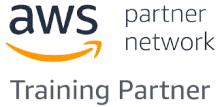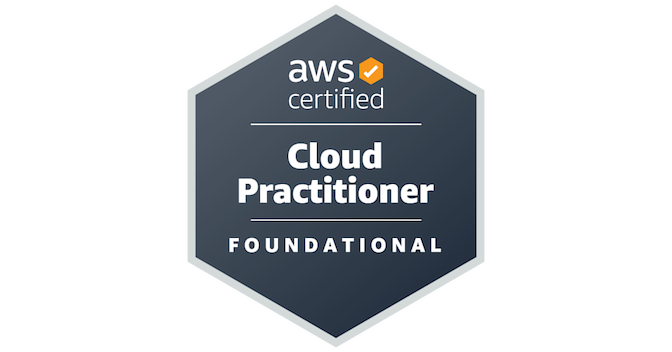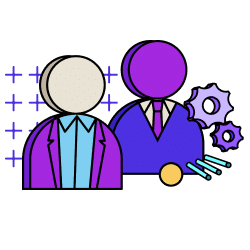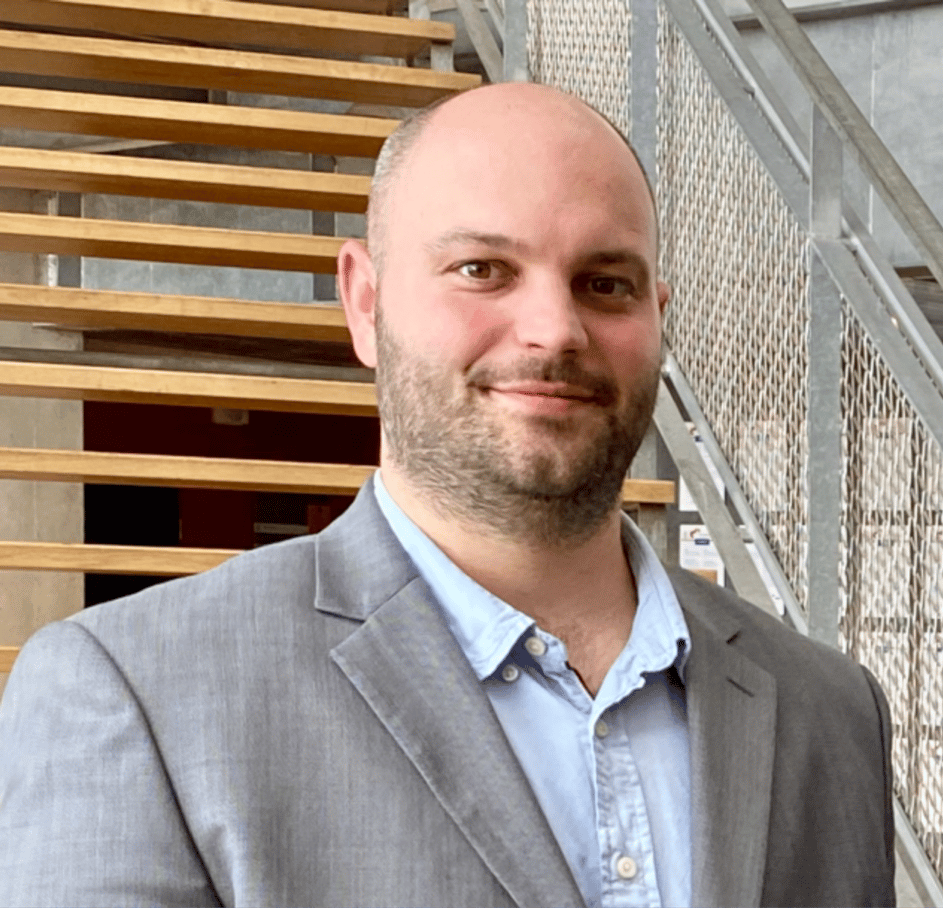The DevOps system administrator automates the deployment of infrastructures on a private, public or hybrid cloud.
When working for a software publisher or in an IT department with teams of developers, the DevOps system administrator deploys applications on a continuous basis.
They supervise the services deployed and deal with any alerts raised.
To automate the deployment of cloud infrastructures, the DevOps system administrator automates the creation of servers using scripts, configures and connects them together, and then uses an Ansible-type platform to configure and monitor deployment.
When in charge of deploying an application on a continuous basis, in conjunction with the development teams, he prepares test and pre-production environments.
The DevOps Engineer prepares the various data servers and associated storage, as well as the containers for the application. He oder she then migrates the data and deploys the application in the pre-production environment.
The DevOps Engineer is in constant contact with the development team to correct any malfunctions discovered during the various test phases. Using a Kubernetes-type platform, he deploys the application and its successive updates on the production environment.
The DevOps system administrator supervises the infrastructures and applications he has deployed. To do this, he defines the indicators to be monitored and installs and configures a supervision solution. When an anomaly is detected or an alert is raised, the problem is corrected or rectified.
In order to solve a configuration problem, understand the cause of a malfunction or install a new tool, he exchanges information on professional community forums, possibly in English.
Most technical documentation is written in English, so DevOps system administrators need to be able to read it to find the information they are looking for, and interpret the advice given correctly. This corresponds to level B2 of the European framework for reading comprehension.
He oder she will sometimes have to ask questions or provide answers on user forums in English; level B1 of the European framework for written expression is sufficient.
The DevOps Engineer also uses a logical approach to diagnose the cause of a malfunction and to remedy it, and keeps an active watch to keep his or her skills up to date.
This job requires mastery of a wide range of tools and languages, as well as an understanding of abstract concepts.
The DevOps system administrator is in contact with teams of developers, his or her technical manager, network and security teams, hosting solution providers, and professional communities for the tools he or she uses.
The DevOps system administrator works in a digital services company (ESN), a Cloud operator, a software publisher or in the IT department of a large company.
They work as part of a team, reporting to their company’s technical manager or IT director. In some cases, this activity is carried out entirely remotely.




















